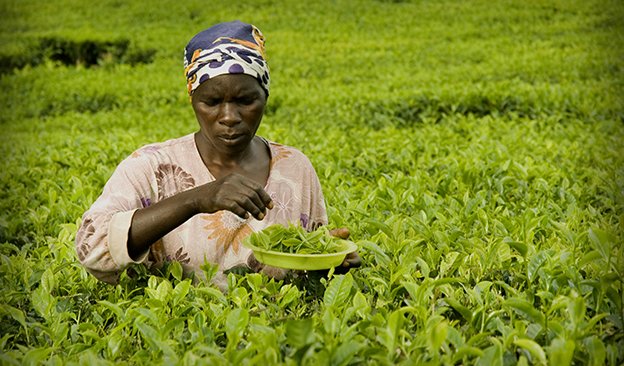The Peasant Farmers Association of Ghana (PFAG) is anticipating a minimum 10 percent budgetary allocation to the agriculture sector in the 2022 budget. PFAG said its expectation is justified by the sector’s resilience during the pandemic against other sectors of the economy.
“COVID-19 has highly impacted many sectors, but agriculture was somehow resistant as farmers have been able to produce some amount of food and created jobs for more than five million people in the value chain,” PFAG’s Head of Programmes and Advocacy, Dr. Charles Nyaaba, told the B&FT.
Budgetary allocation to the sector in the 2021 budget was less than five percent, which PFAG describes as woefully inadequate to implement the many policies which were envisaged by government.
Regional agriculture performance
The partial implementation of agricultural policies by government, Dr. Nyaaba said, is costing Ghana to the extent that countries including Mali, Rwanda and Morocco are performing better in the sector.
Though Ghana become a signatory to the Comprehensive African Agricultural Development Programme in 2003 – of which member-countries were expected to increase agricultural investment to 10 percent to culminate in at least six percent growth in the sector annually, the country has failed to do so.
The International Budget Partnership (IBP), an organisation that collaborates with civil society around the world to analyse and influence public budgets, has confirmed that Ghana’s performance on the African Agricultural Transformation Scorecard (AATS) – the Malabo Declaration – currently ranks at 6.67 out of 10 percent.
IBP disclosed that Mali (6.82), Morocco (6.96), and Rwanda’s (7.24) agriculture sector performances are stronger than that of Ghana.
Agric spending stays below one percent over 4 years
Indeed, the total expenditure allocation for Ghana’s agriculture sector over the past four years from 2017 to 2020 has stayed below one percent of government’s total spending in the economy. “The most worrying one is Mali – which a few years ago depended solely on Ghana to import most of their food items like maize, sorghum and soya – has currently overtaken Ghana in production,” Dr. Nyaaba noted.
He maintained that though the country has seen some appreciable increase in food production due to the PFJ policy, investment in the sector still lags due to failure to implement key policies which government promised for the sector’s budget in 2021.
“Government made allocations to invest in fertiliser subsidies; but after companies delivered the inputs to farmers last year, it became difficult for government to pay such distributors even in 2021. These challenges have stalled progress in the sector,” PFAG indicated.
The PFAG is the apex Farmer-Based Non-Governmental Organisation in Ghana with a mandate to advocate pro-poor agriculture and trade policies, and other issues which affect the livelihoods of smallholder farmers. The association consists of individual farmers and farmer groups, as well as value chain actors numbering over one million and almost 2,000 farmer-based organisations (FBOs).










